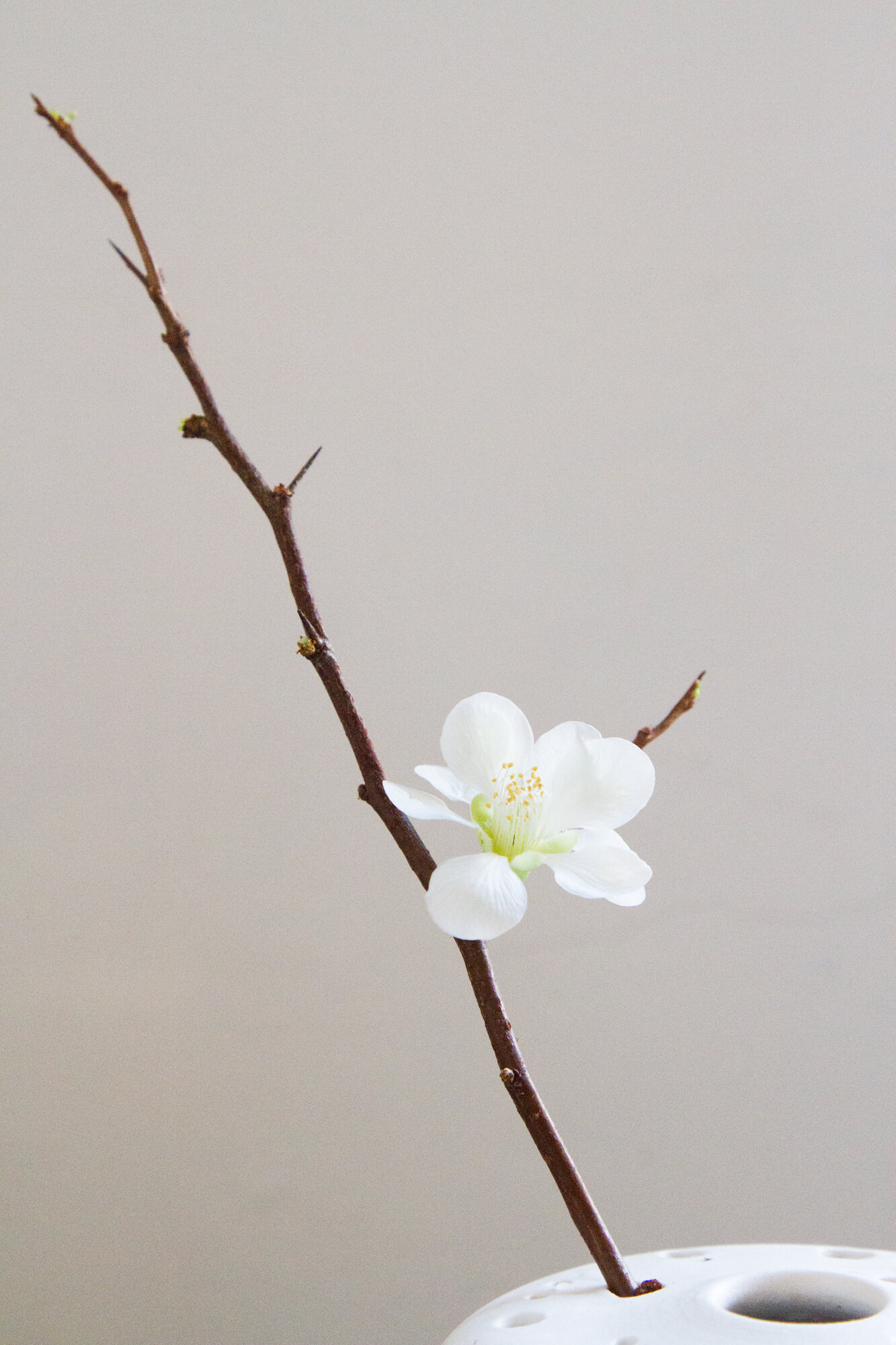

 A bit of spring, and an encouraging perspective on a big challenge:
A bit of spring, and an encouraging perspective on a big challenge:
“We believe the invisible hand is making businesses behave soullessly; that under capitalism, especially late-stage capitalism, there’s an inevitability to every sad-but-profitable situation. Unfettered, this is true. But capitalism is still full of people — not just workers, who might all be robots someday soon, but the shoppers, the CEOs, the shareholders, the venture capitalists, the former presidents of multinational corporations who fund businesses as a retirement pastime. They make these decisions because they are still decisions.
“And the unsettling part about Winthrop’s question, “Can’t we all just do a little bit of this?,” is that no matter how relatively small you are, you’re still implicated in it. It can be maddening and deflating that people at the top don’t make decisions that lead to more American manufacturing, to better-paid and more secure workers, to a less inequitable world, but it doesn’t absolve you of your own choices. As impossible as it might seem, each individual’s choices do add up.
“The story is about doing something instead of doing nothing because doing nothing is easier. It’s about worrying less about determining if something is Good or Bad than finding the pieces that could be improved and trying to improve them.
“It’s doing that scary and maybe difficult thing that you hear will be good for you, and letting it be good for you, and letting it change you for the better. Standing instead of sitting down, like Thelma Agular. Spending the money to add a tenner frame, like Page Ashby. Allowing one of your investments to be less profitable in the short term than it theoretically could be, like Donald Kendall.
If the message is to be an engaged human citizen, regardless of the shirt on your back, that seems like something that’s worth saying again and again. And, looking around, like something we need to hear more and more and more, to combat the deafening buzz that says it’s not worth it. I know I need to hear it. I think I even believe it.”
– Meredith Haggerty from “American Manufacturing Doesn’t Have to Die” in Racked.




5 Comments
The photographs are wonderful, and the quote very interesting. I wonder: I don’t think I could take out the good/bad analysis. It seems important to figuring out the ‘how’ of improvement (especially as I choose which goods to buy). I need to figure out what I believe is right, so I can make the right choice as an engaged human citizen. Still, maybe it is more about finding pieces to improve and improving them, (relevant to me in so much more than only American manufacturing…). Thanks for these words!
Curious about her meaning there, too. Improvement necessarily seems to need some identification of a problem (bad) and a way toward something better (good!).
I was thinking about that distinction too. It comes up a lot in my babysitting work and my PhD analysis. Children especially are confronted with big emotions when something seems bad versus good and they navigate that world as best they can at the time. After reading your blog, I stumbled across this article talking about meaning versus happiness and this quote seems timely:
“The second need for meaning is value. This means having a basis for knowing what is right and wrong, good and bad. ‘Good’ and ‘bad’ are among the first words children learn. They are some of the earliest and most culturally universal concepts, and among the few words that house pets sometimes acquire. In terms of brain reactions, the feeling that something is good or bad comes very fast, almost immediately after you recognise what it is. Solitary creatures judge good and bad by how they feel upon encountering something (does it reward them or punish them?). Humans, as social beings, can understand good and bad in loftier ways, such as their moral quality.
In practice, when it comes to making life meaningful, people need to find values that cast their lives in positive ways, justifying who they are and what they do. Justification is ultimately subject to social, consensual judgment, so one needs to have explanations that will satisfy other people in the society (especially the people who enforce the laws). Again, nature makes some values, and culture adds a truckload of additional ones. It’s not clear whether people can invent their own values, but some do originate from inside the self and become elaborated. People have strong inner desires that shape their reactions.”
Article link is here: https://aeon.co/essays/what-is-better-a-happy-life-or-a-meaningful-one
I think it speaks well to the way we make decisions and how one person’s decision can seem immoral to us but morally valuable to them. I think in many ways we dumb down a person’s actions when we think in terms of just ‘good’ or ‘bad’ because we ignore the bigger ecological picture of how our social structure and cultures have influenced that person’s thought process and decision making. We pit the ‘good’ in society against the ‘bad’, when we are all in this together — making decisions and taking action using the best compass we have within us at the time. I don’t mean to excuse behaviour that causes harm or violence to others, but I don’t think we can just stop the conversation at naming someone as ‘bad’ without exploring further.
Sorry about the huge comment — I am loving your borrowed words series!!
Lovely.
I’m in my first year of law school (as an older student), and this good/bad analysis looks familiar -it suggests to me that sometimes a decision isn’t black and white, a bad option, and a good option, but one that might be slightly better than the other. Case in point – I had a choice between popcorn seeds at the food coop, between organic ones from Argentina, and conventional from the US. (I live in Vancouver). Sometimes there isn’t a perfect choice! Other than an overthrow of our corporate overlords, of course…
But take heart – in our Transnational Law class, we spent an entire week discussing the power of consumers to place pressure on company (and thus companies) policy. There are many theorists that suggest consumers have a power to compel in a way that governments, through unwieldy treaties, would not be able to, even if they tried. A humbling thought indeed.
This strikes a chord in me. This blog is one place I come to find delight in small steps toward a truer reflection of my values. I have been educated to think deeply and critically, and I’m thankful for that. But at a certain point, it comes time to lay down theory and live, wholeheartedly, in whatever way it makes sense to do so, in each moment that comes along. It’s a far off goal, and each step counts, especially those first ones that feel like nothing.
Comments are moderated.